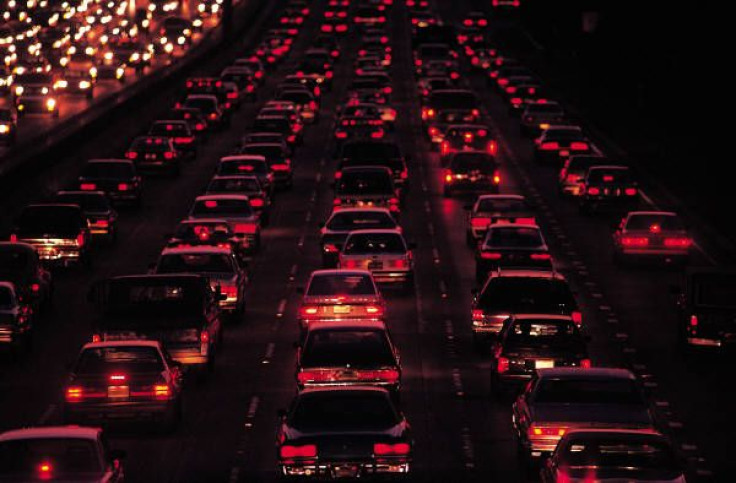Traffic Noise Linked To Heart Attack Risk, the Louder the Riskier

Exposure to traffic noise may increase your heart attack risk, according to a new study.
Danish researchers found that people had greater risk of heart attack the louder the traffic was near their home.
Researchers found that heart attack risk increased by 12 percent every 10 decibels of noise, starting at around 40 decibels.
Lead author Mette Sorensen and her fellow researchers had followed 50,614 people between the ages of 50 and 64 living in Copenhagen and Aarhus, two of Denmark’s largest cities, for 10 years. Participants reported their lifestyle behaviors like diet and physical activity as well as everywhere they lived during the study period.
Sorensen and her team had monitored the participant's health over the time of the study and compared it to the geographic location of where they lived.
Researchers then determined how much traffic noise each participant had been exposed to by analyzing traffic patterns around where subjects lived.
A total of 1,600 participants had a heart attack during the study, and researchers determined that their risk was greater the louder the traffic noise was near their home.
Surprisingly, traffic noise was still linked to heart attack even after researchers accounted for factors like air pollution exposure, diet, gender and weight.
Researchers say that there are a variety of factors that could explain the link. Researchers said people who live in hectic, more urban centers tended to have more stress than people living in quieter communities, and stress has long been associated to an increase in heart attack.
"The noise itself probably does increase stress and the levels of stress hormones like adrenaline. Your blood pressure is probably going up as well," Dr. Robert Bonow, a professor of medicine at Northwestern Feinberg School of Medicine, told ABC News.
Traffic noise can also cause sleep disturbances, which is another factor associated with heart attacks.
"You might wake up thinking that you had a quiet night, but when you look at it in a lab, you see that your sleep stages have been disturbed," Mette Sorensen of the Danish Cancer Society told My Health News Daily.
"We think traffic noise during the night is especially dangerous, because it disturbs sleep," Sorenson said.
Sorenson said that anytime you've been exposed to high levels of noise, "you have increased concentrations of stress hormones in your body," which could explain the increased heart attack risk, Sorenson said.
Previous research has also linked noise pollution to heart attack risk, but the latest study is the first to demonstrate an incremental correlation between increasing noise exposure to increasing heart attack risk.
Past studies also showed that the risk started to increase at noise levels above 60, decibels, while the recent research showed that the risk increased between 40 and 80 decibels.
The study was published in the journal PLoS ONE.



























